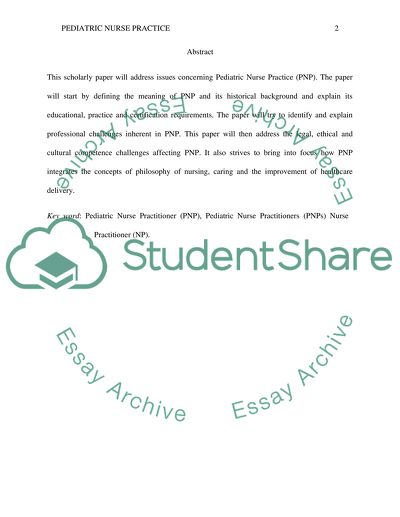Cite this document
(“Pediatric Nurse Practive Assignment Example | Topics and Well Written Essays - 2250 words”, n.d.)
Retrieved from https://studentshare.org/nursing/1438828-nursing-capstone
Retrieved from https://studentshare.org/nursing/1438828-nursing-capstone
(Pediatric Nurse Practive Assignment Example | Topics and Well Written Essays - 2250 Words)
https://studentshare.org/nursing/1438828-nursing-capstone.
https://studentshare.org/nursing/1438828-nursing-capstone.
“Pediatric Nurse Practive Assignment Example | Topics and Well Written Essays - 2250 Words”, n.d. https://studentshare.org/nursing/1438828-nursing-capstone.


